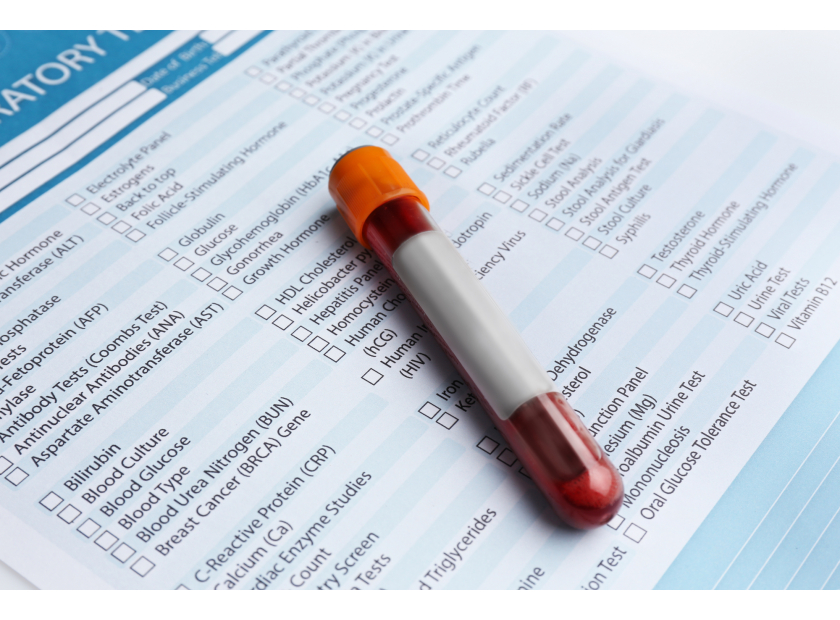Researchers Discover Biomarker sCD14 For Dementia, Cognitive Decline And Brain Atrophy Diagnosis
Source: Thailand Medical News Dec 10, 2019 6 years, 1 month, 2 weeks, 5 days, 23 hours, 10 minutes ago
Researchers from University of Texas Health Science Center, San Antonio along with medical scientists from Florey Institute for Neuroscience and Mental Health in Melbourne have discovered an inflammatory
biomarker called
sCD14 that is related to
brain atrophy,
cognitive decline and
dementia, according to a study of more than 4,700 participants from two large community-based heart studies. The study was published in the journal
Neurology.

Dr Sudha Seshadri, M.D., professor of neurology at UT Health San Antonio and director of the university's Glenn Biggs Institute for Alzheimer's and Neurodegenerative Diseases and senior author of the study told
Thailand Medical News, "We have strong reason to believe that sCD14 can be a useful
biomarker to assess a person's risk of
cognitive decline and
dementia," "The most exciting part is that we could assess this risk in advance, when there is ample time to intervene and change the course of a person's life.”
Lead author, Dr Matthew Pase, Ph.D., of the Florey Institute for Neuroscience and Mental Health in Melbourne, Australia added, "Higher levels of
sCD14 were associated with markers of brain aging and injury, such as total
brain atrophy and a decline in executive functioning, the decision-making needed for many activities of daily life,"
The medical researchers studied risk of
dementia in 1,588 participants from the Framingham Heart Study and 3,129 participants from the Cardiovascular Health Study. Dr. Pase and Dr. Seshadri are Framingham investigators.
Upon study enrollment, Plasma
sCD14 was measured in participants' blood. In the Framingham group, brain MRI and cognitive testing were performed within one year after the blood draw for
sCD14. A second round of tests was performed after seven years. Surveillance for
dementia was conducted over an average of nine years.
For the Cardiovascular and Neurodegenerative Health Study, the first brain MRI was obtained three to four years after enrollment and a second round five years later.
Dr. Seshadri added, "Cost-effective, blood based
biomarkers are greatly needed to detect and track the progression of preclinical brain injury predisposing to
dementia. Such
biomarkers could also act as endpoints in clinical trials of disease-modifying interventions and expand our understanding of disease biology."
To date, there are not yet any drug trials to see if lowering
sCD14 levels would help cognition in humans. However, treatment with several targeted anti-inflammatory medications such as statins can lower
sCD14.
The researchers said, &quo
t;There is a growing recognition of the role of inflammation in neurodegeneration and vascular injury-related
cognitive decline and
dementia."
Reference : Neurology (2019). DOI: 10.1212/WNL.0000000000008682
